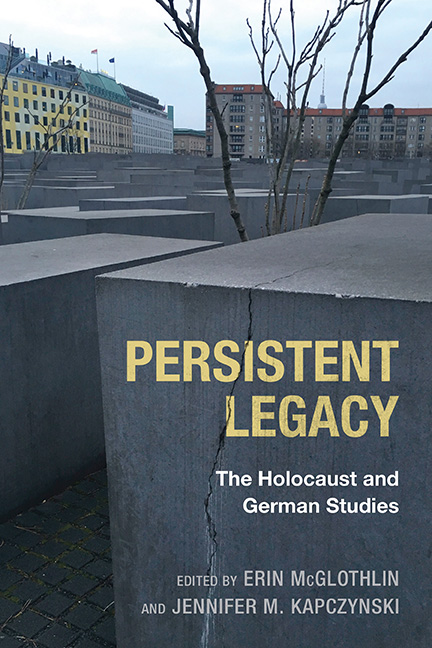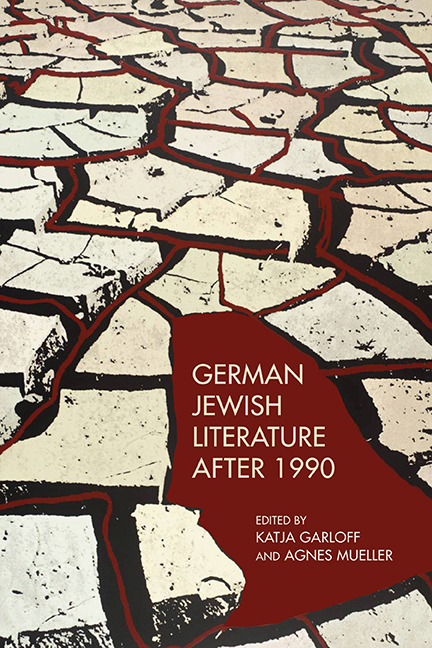Dialogue and Disjunction: Studies in Jewish German Writing and Thought is a new series devoted to original scholarship on the long history of Jewish German literary and cultural production. New titles analyze the intellectually productive but also historically cataclysmic interactions, reactions, and effects of the Jewish German connection along multiple lines of inquiry, assessing positive impacts and negative consequences, key moments of dialogue and of discord, and the many ambivalent engagements that fall somewhere in between. Dialogue and Disjunction focuses in particular on recent work in the most vital periods of Jewish German production: the Age of Enlightenment through the <I>fin de si�cle</I>, the period of Jewish assimilation and acculturation (Moses Mendelssohn, Fanny Lewald); the Weimar Republic, a period of great positive synergy and intellectual and artistic output (Walter Benjamin, Karl Kraus, Else Lasker-Sch�ler); the re-emergence of Jewish German writing in the wake of the Holocaust (Nelly Sachs, Jurek Becker); as well as the newest work by contemporary Jewish

